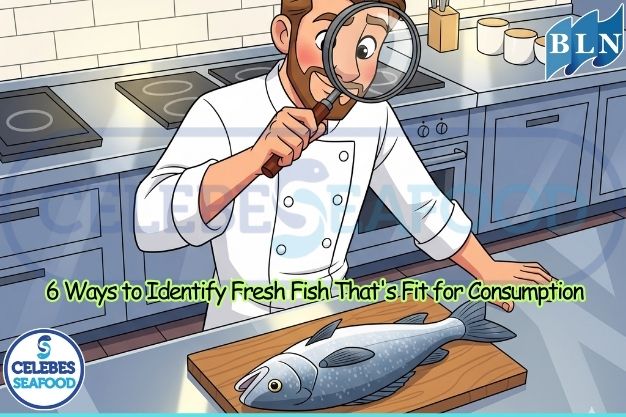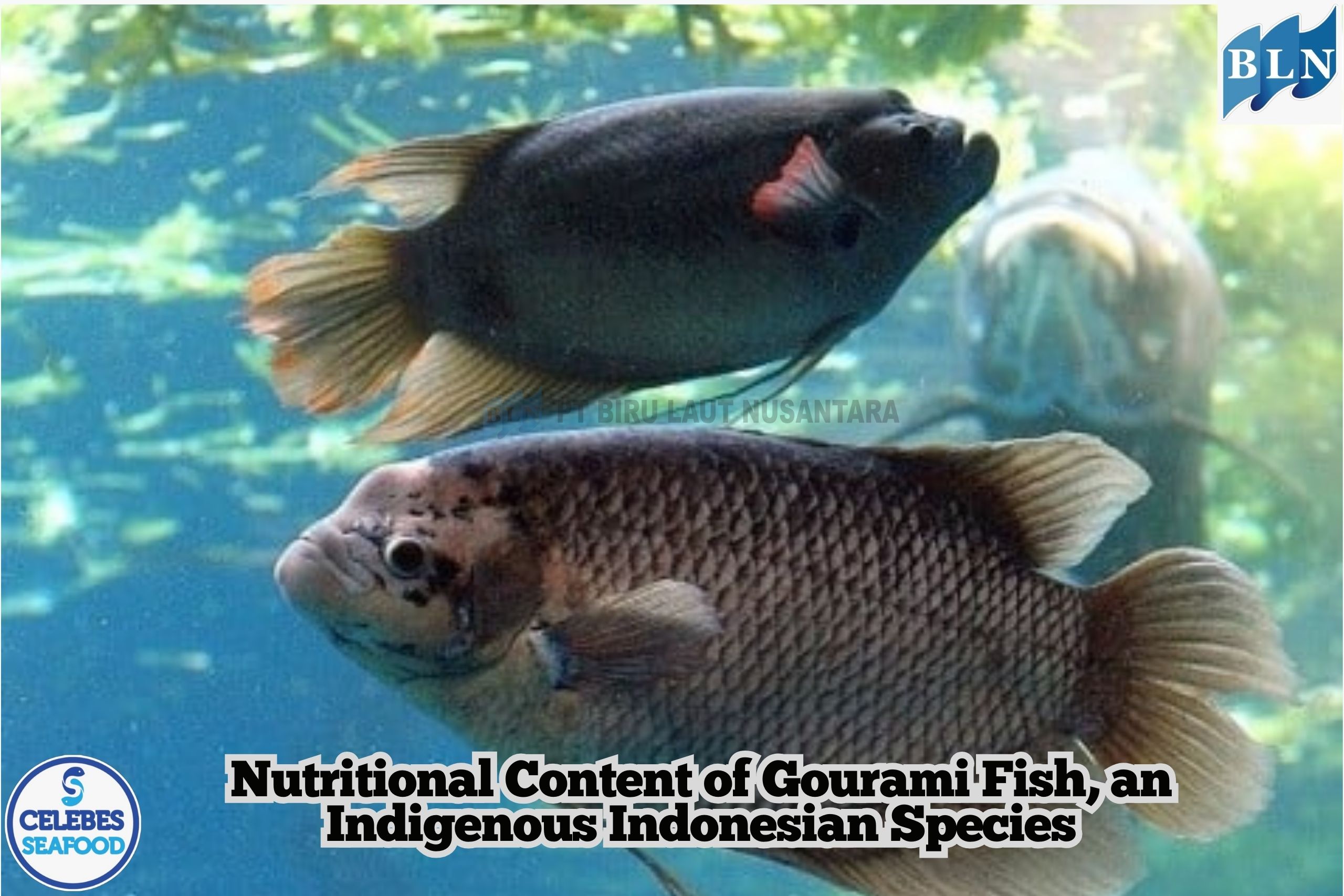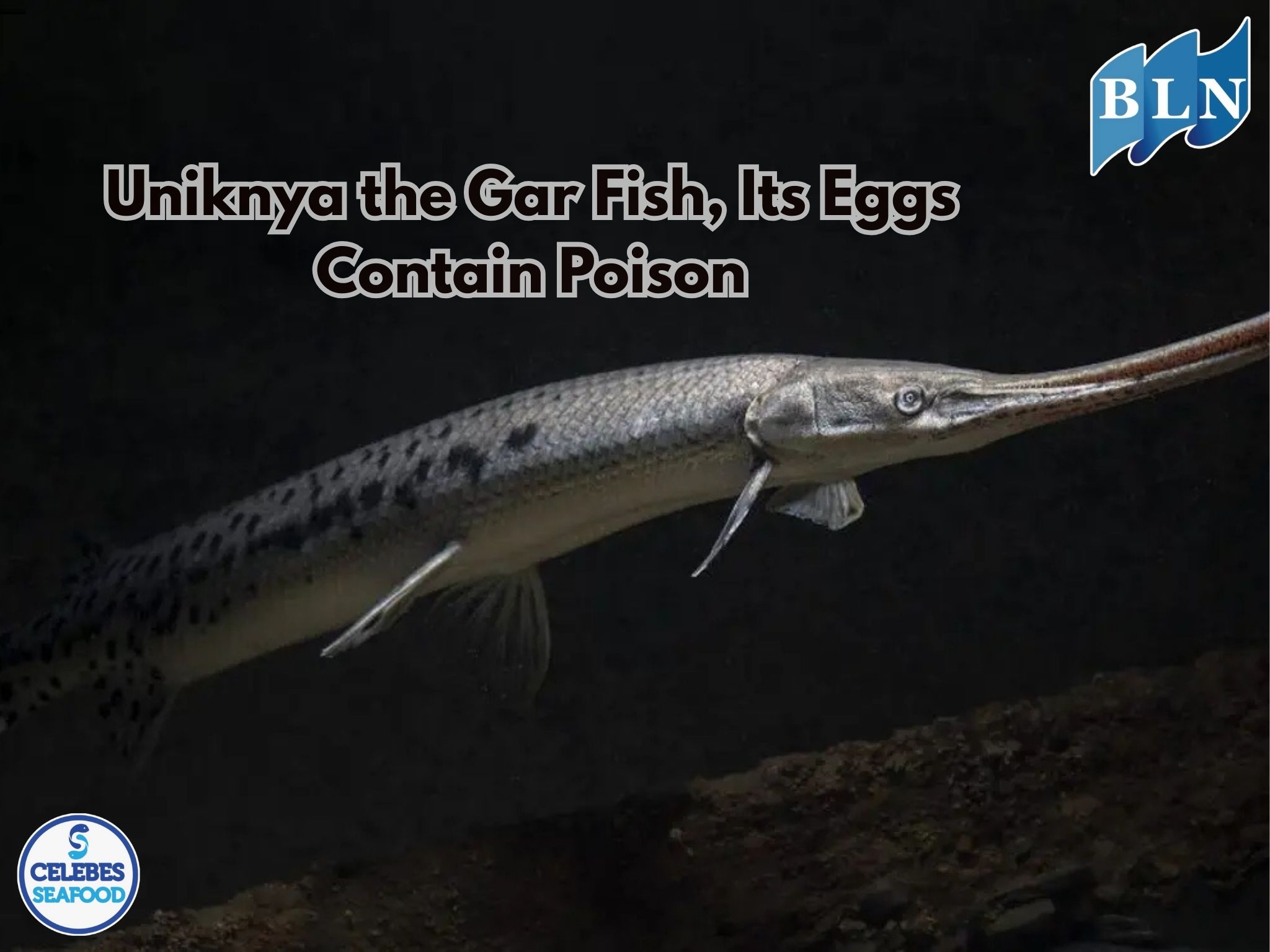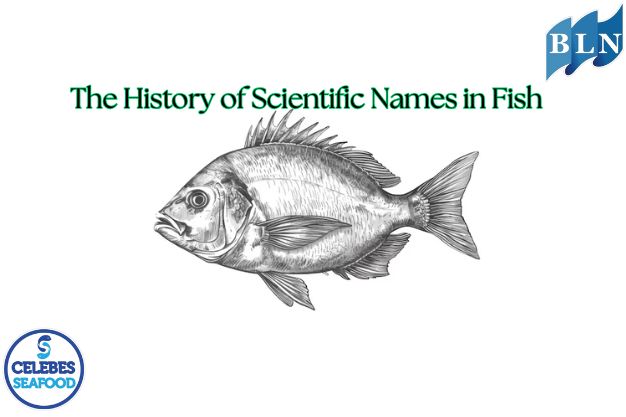Modern Aquaculture: A Solution for Food Security and Increasing Fishermen's Income
By. Edi - 07 Jul 2025.jpg)
lautnusantara.com Indonesia, with the second longest coastline in the world and abundant marine resources, has great potential to develop the fisheries sector. However, dependence on capture fisheries faces serious challenges such as overfishing, climate change, and ecosystem damage. This is where modern aquaculture comes in as a strategic solution, not only to ensure national food security but also to significantly increase fishermen's income.
A. Aquaculture: More Than Just Fish Farming
Aquaculture or aquaculture is the activity of maintaining and breeding aquatic biota. Over time, aquaculture has evolved into modern aquaculture that integrates advanced technology, sustainable practices, and efficient management. This includes the cultivation of fish, shrimp, shellfish, seaweed, and various other aquatic biota, both in freshwater, brackish water, and the sea.
B. Pillars of National Food Security
The increasing global population demands a stable and sustainable supply of protein. Limited capture fisheries resources make aquaculture the mainstay in meeting the need for animal protein. With a controlled cultivation system, modern aquaculture is able to produce consistent and measurable production volumes, much more stable than catches that are highly dependent on natural conditions.
For example, intensive cultivation systems such as Biofloc or Recirculating Aquaculture System (RAS) allow fish production in high densities with efficient water use. This technology not only reduces the risk of crop failure due to bad weather or disease, but also ensures the availability of fish supplies throughout the year, supporting price stability and food accessibility for the community.
C. Raising the Economic Status of Fishermen
So far, fishermen have often been identified with high-risk jobs and uncertain incomes. Modern aquaculture offers a promising business diversification path:
- Stable and Predictable Income: Unlike capture fisheries whose results fluctuate, cultivation provides a more regular harvest schedule and predictable volumes. This allows fishermen to plan their income better.
- Land and Resource Utilization: Fishermen can utilize empty land around their homes or even modify traditional ponds into modern cultivation ponds. Abundant brackish water or seawater resources can be optimized.
- Mastery of New Technologies and Skills: Adoption of modern aquaculture encourages fishermen to learn new cultivation techniques, water quality management, and product marketing. This capacity building directly increases their professionalism.
- Creation of Derivative Jobs: The aquaculture industry creates many job opportunities along the value chain, from feed production, seeds, product processing, to distribution. This is not only for fishermen, but also for their family members.
- Product Added Value: Aquaculture products often have more uniform quality and can be processed into high value-added products, such as fish fillets, nuggets, or surimi, which have better selling prices in domestic and international markets.
D. Challenges and Future Prospects
Although promising, the development of modern aquaculture also faces challenges such as the need for quite large initial capital, access to quality technology and seeds, and waste management issues. However, with government support through pro-aquaculture policies, provision of easy access to capital, and technical assistance for fishermen, these challenges can be overcome.
The development of integrated "aquaculture villages" or "cultivation clusters" can be an effective model. That way, fishermen will not only become producers, but also part of a larger business ecosystem, supporting each other in providing inputs, processing, and marketing.
Modern aquaculture is not just an alternative, but an inevitability for the future of Indonesian fisheries. By optimally utilizing the potential of waters and adopting appropriate technology, aquaculture will become the backbone of national food security as well as a driving force for increasing welfare and income for fishermen. This is a long-term investment for a more prosperous and sustainable future.
If you are interested in our Coral Trout Fillet Skin On, CORAL TROUT WGG WHOLE GILLED GUTTED, TOMATO COD WHOLE GILLED GUTTED please do not hesitate to contact us through email and/or whatsapp.
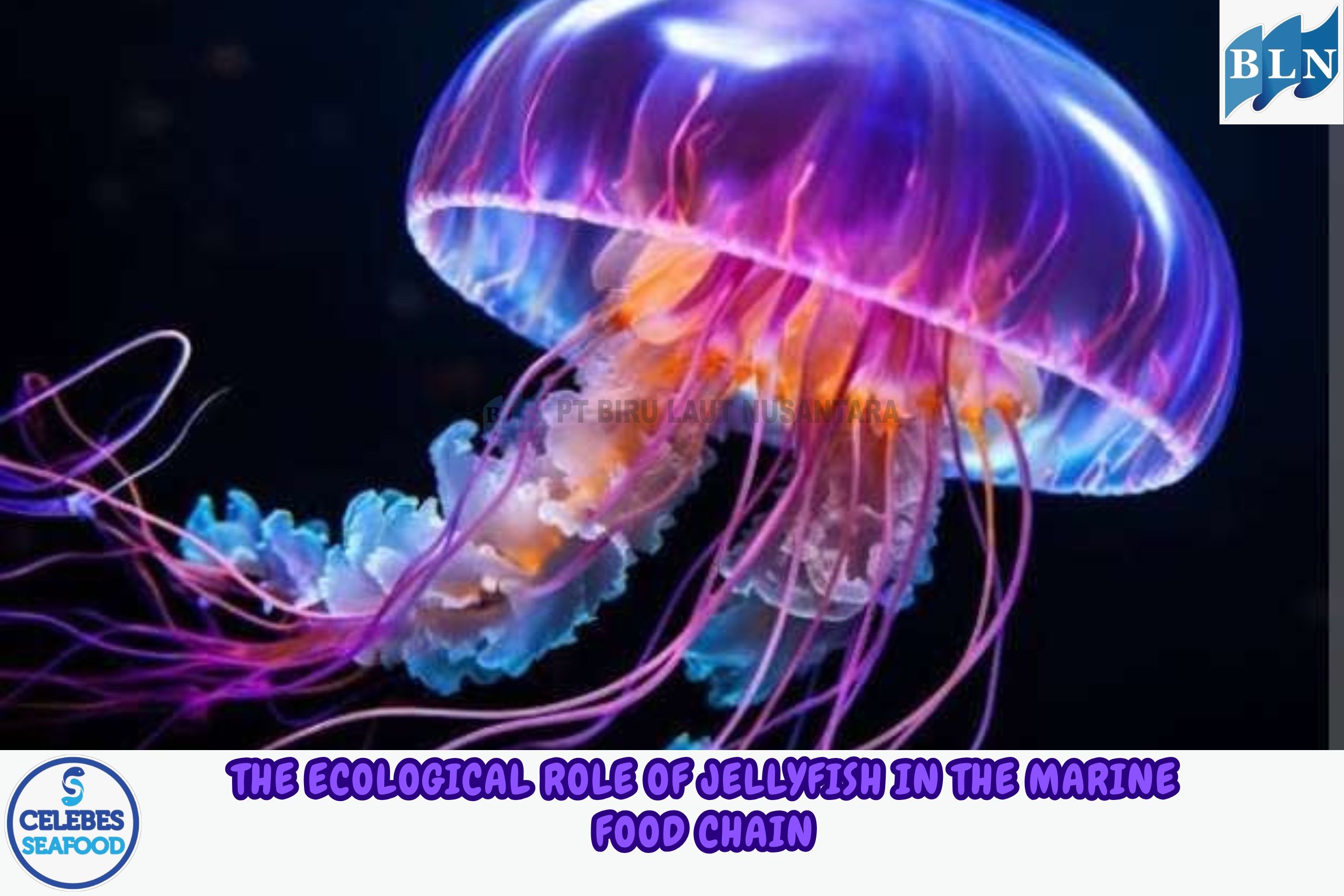
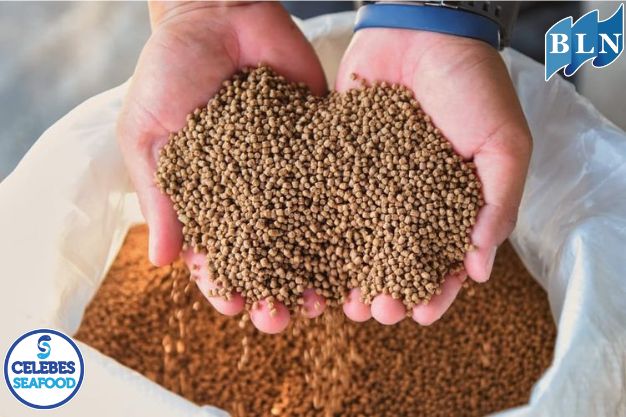
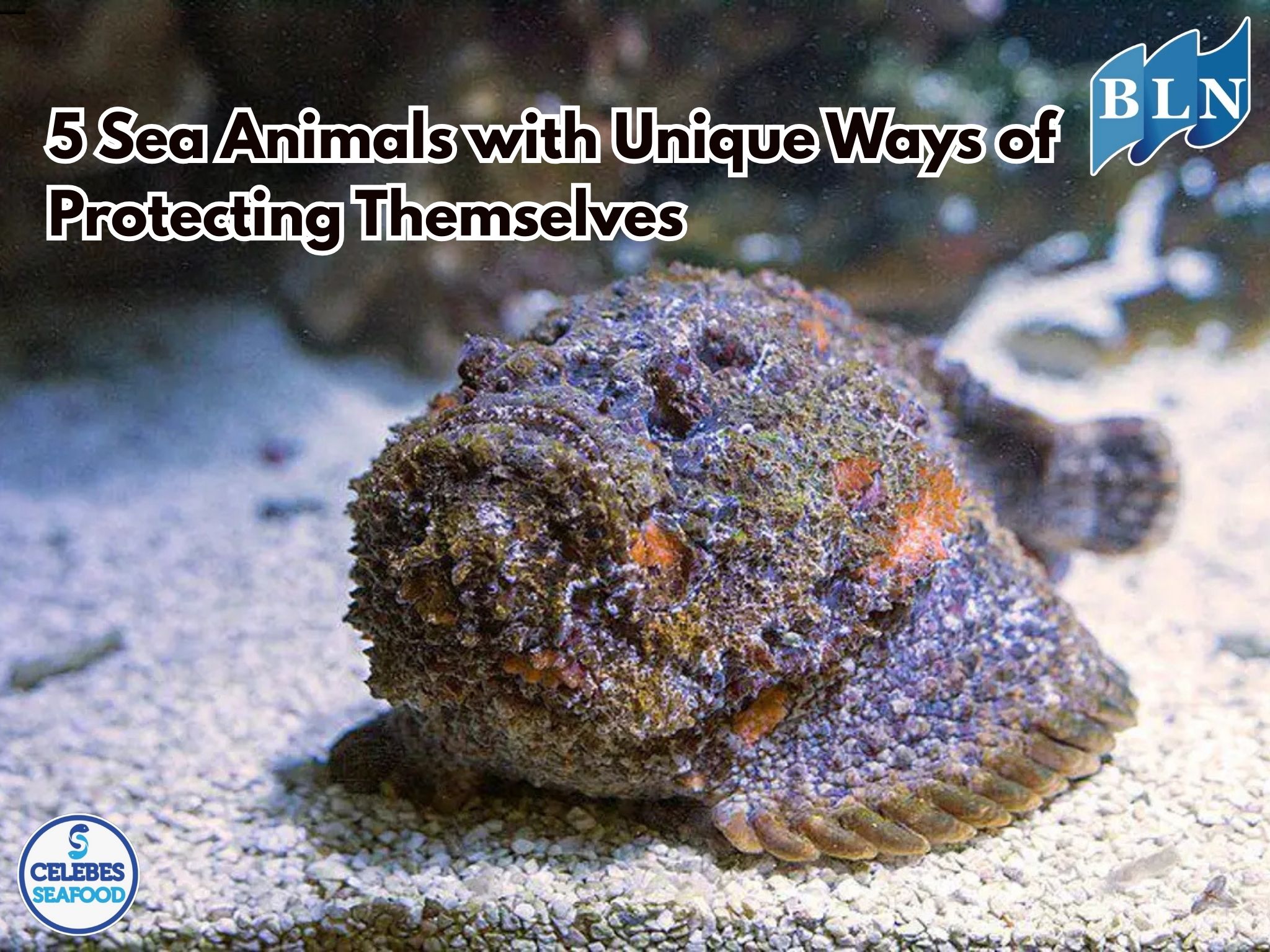
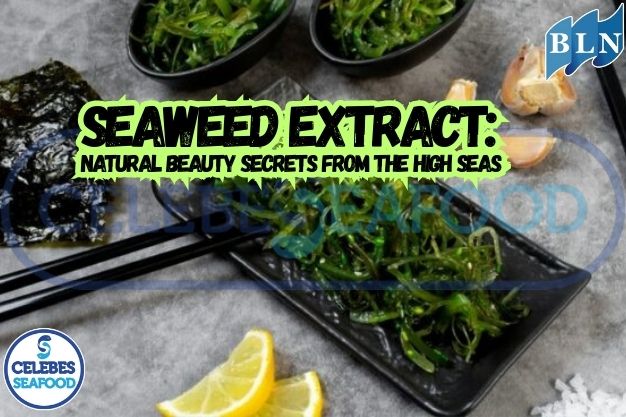
.jpg)
